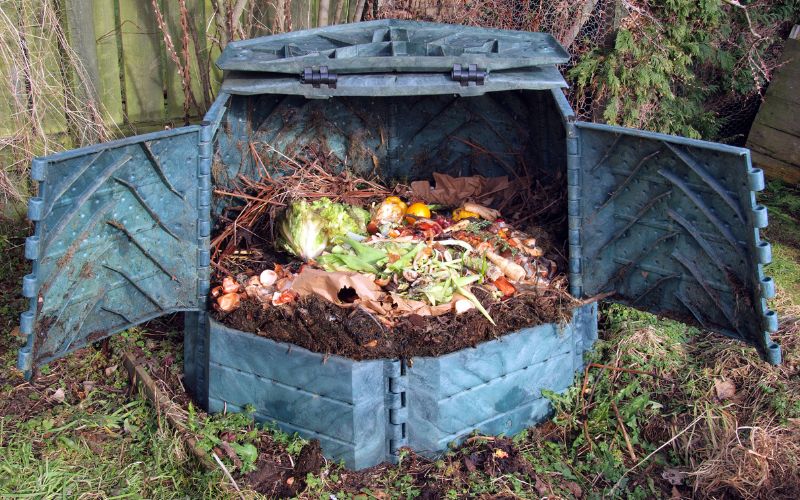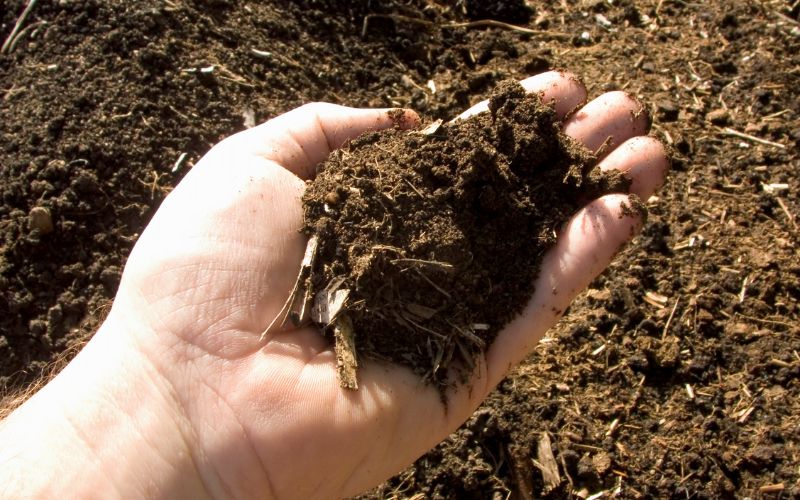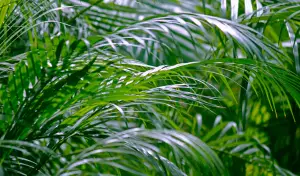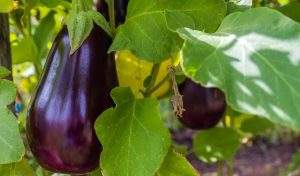If you’re looking for a way to make your plants healthier and help the environment at the same time, composting might be just what you need.
Compost is made up of organic matter that has been broken down by bacteria, fungi, and other organisms.
When added to soil, it helps improve soil structure, water retention, and nutrient levels. It also helps suppress plant diseases and pests.
While you can buy compost from a garden center or nursery, it’s easy to make your own. You can turn an outdoor area into a compost heap or use a purpose made container as a compost bin. By adding your green kitchen and garden waste to your pile you will soon have your own fresh and nutrient-rich compost to use on your plants.
What is compost and what are its benefits
Compost is made up of organic matter that has been broken down by bacteria, fungi, and other organisms.
When added to soil, it helps improve soil structure, water retention, and nutrient levels. It also helps suppress plant diseases and pests.
There are many benefits to using compost, including:
Improving soil quality: Compost can improve the physical structure of your soil, making it more aerated and better able to hold water.
Suppressing plant diseases and pests: Compost can help suppress plant diseases and pests by providing a hospitable environment for beneficial microbes.
Increasing nutrient levels: Compost contains nutrients that can help nourish your plants.
Improving water retention: Compost can help improve water retention in your soil, making it more drought-resistant.
What you need to know about composting
Composting is a great way to reduce waste and give your plants a boost, but it’s important to do it right.
Here are a few things to keep in mind when composting:
While many people simply create a pile outdoors for their compost, you may not have the space to do this and might need to use a container or purpose made compost bin.
If you do need to use a container then:
The size of your container will determine how much compost you can make.
A small pot (8 inches or less) can only support a small amount of composting material. A larger pot (12 inches or more) can support a larger amount of composting material.
The type of pot you use is also important.
A porous pot (such as terracotta) will allow excess moisture to drain, preventing your compost from becoming too wet.
A non-porous pot (such as plastic) will retain moisture, so you’ll need to be careful not to add too much water.
It’s important to keep your compost moist, but not too wet.
The best way to do this is to add water a little at a time and mix it in well.
If your compost is too dry, it will slow down the composting process. If it’s too wet, it can become anaerobic (without oxygen) and start to smell bad.
Your compost should be turned every few days to aerate it and keep the composting process going and a pitchfork or shovel works well for this.
It’s normal for your compost to heat up as it breaks down.
However, if it gets too hot (above 140 degrees Fahrenheit), it can kill the beneficial microbes that are doing the work.
If this happens, simply stir in some more dry materials (such as leaves or straw) to cool it down.
Your compost is ready to use when it’s a dark brown color and has a crumbly texture. It should also smell earthy, not bad.
Once your compost is ready, you can add it to your potted plants or use it as mulch around them.
Be sure to add a thin layer of compost (1/2 inch or less) so it doesn’t smother your plants.

Tips for getting the most out of your compost
Here are a few tips to help you get the most out of your compost:
Use a variety of materials: A mix of green and brown materials will create the best compost.
Green materials are high in nitrogen and include things like grass clippings, fruit and vegetable scraps, and coffee grounds.
Brown materials are high in carbon and include things like dead leaves, twigs, and shredded newspaper.
Chop up your materials: Smaller pieces will compost more quickly than larger ones.
Avoid adding meat, bones, and dairy products: These can attract pests and create an unpleasant smell.
Add water: Compost should be moist, but not too wet. The best way to add water is to mist it with a spray bottle or drip irrigation system.
Turn your compost: Aerating your compost will help speed up the composting process. This can be done with a pitchfork or shovel.
Use it up: Once your compost is ready, use it up within a few months.
If you don’t, it will start to break down again and release nutrients that can be used by plants.
Don’t let it get too hot: If your compost gets too hot (above 140 degrees Fahrenheit), it can kill the beneficial microbes that are doing the work.
If this happens, simply stir in some more dry materials (such as leaves or straw) to cool it down.
[amazon box=”B08346W5S6″ template=”horizontal” title=”Tumbling Compost Bin” description=” “]
[amazon box=”B07P8TPBQC” template=”horizontal” title=”110 Gallon Compost Bin” description=” “]
[amazon box=”B09GK5XXKQ” template=”horizontal” title=”Dual Chamber Compost Bin” description=” “]
Can you use garden compost for planting
Yes, garden compost can be used for planting.
It’s important to add a thin layer of compost (1/2 inch or less) so it doesn’t smother your plants.
Once your compost is ready, you can add it to your potted plants or use it as mulch around them.
Be sure to add a thin layer of compost (1/2 inch or less) so it doesn’t smother your plants.
You can also use it as a top dressing for your lawn. Simply sprinkle a thin layer over your lawn and rake it in.
How long does it take to make compost
It usually takes about two to three months for compost to be ready to use.
The time it takes will depend on the materials you’re using, the temperature, and how often you turn the compost.
What are the benefits of composting
There are many benefits of composting, including:
It’s a great way to reduce waste.
It’s good for the environment.
It helps improve soil quality.
It can save you money on fertilizer and other gardening products.
It’s easy to do.
What are the disadvantages of composting
The main disadvantage of composting is that it can take several weeks or months for the process to be completed.
If you’re in a hurry, you may not want to wait that long.
Additionally, if you don’t do it correctly, your compost may attract pests or produce an unpleasant smell.
Finally, if you use too much compost, it can smother your plants.
Final Words
Composting is a great way to reduce waste and improve soil quality.
It’s easy to do, and there are many benefits of composting.
However, if you’re not careful, there can be some disadvantages to composting as well.
By following the tips we’ve provided, you can avoid these problems and get the most out of your compost pile.






